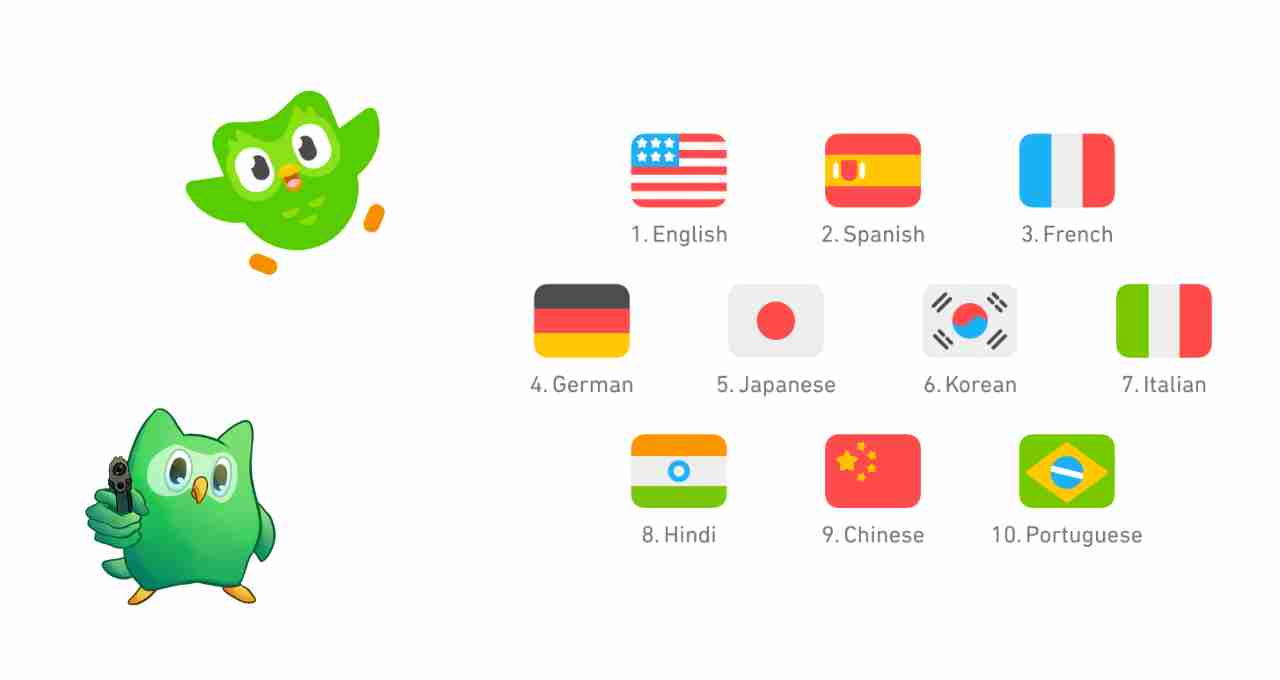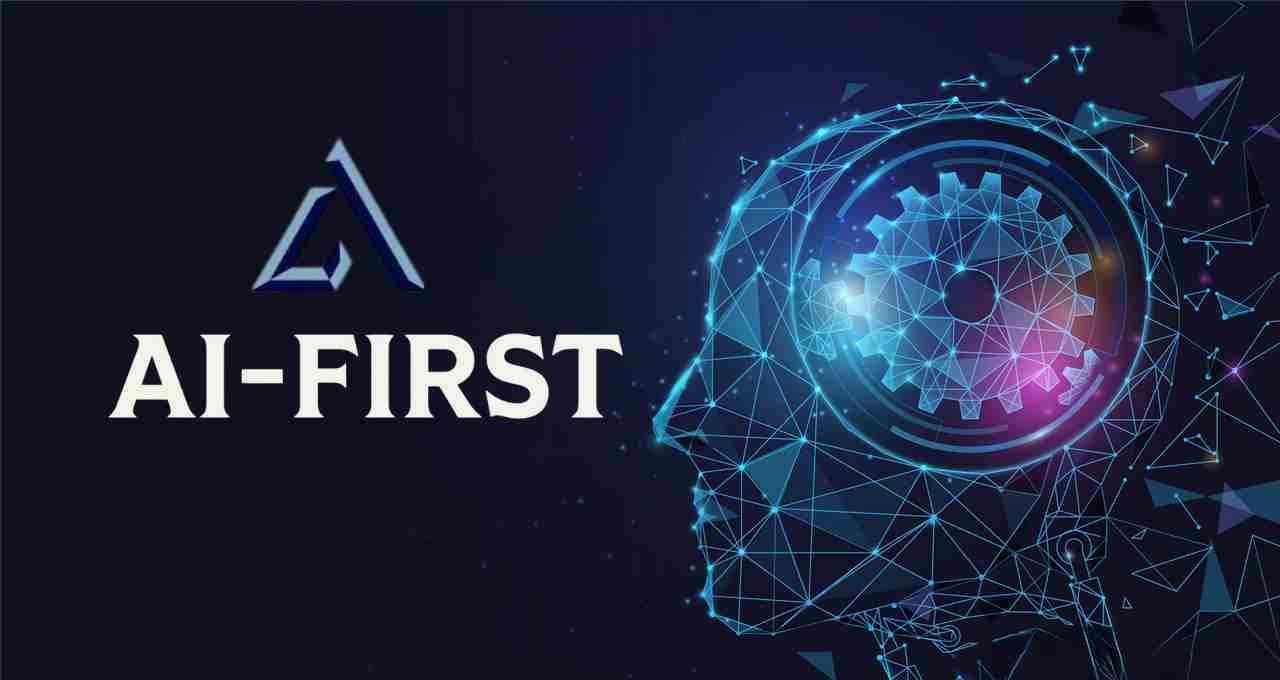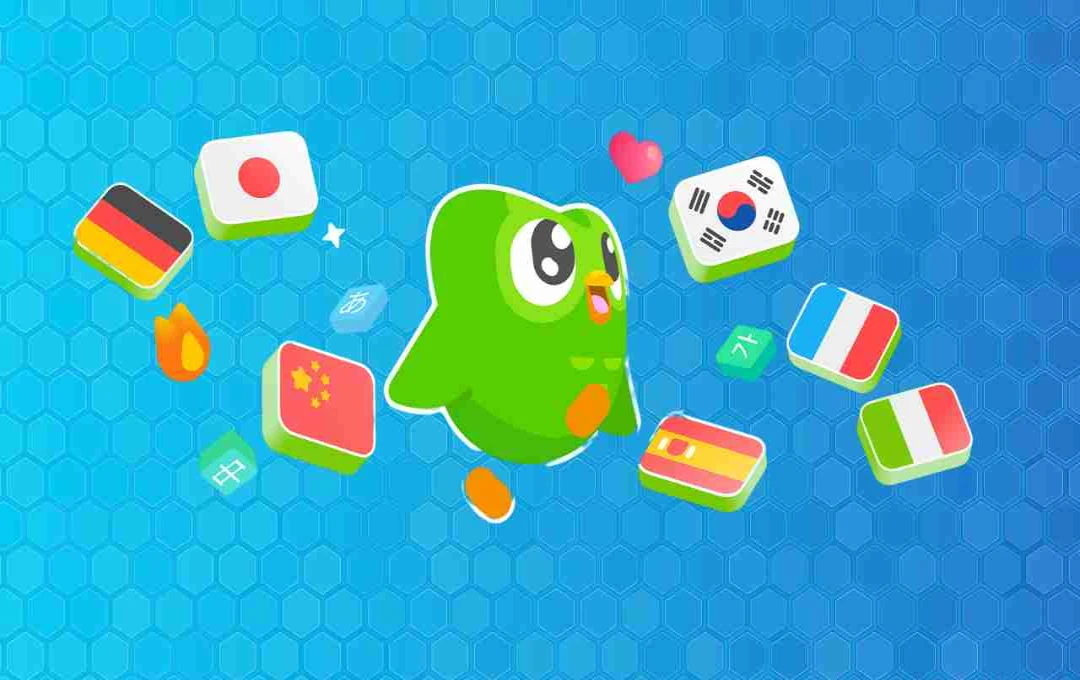With this launch, Duolingo's seven most popular non-English languages are now available to all users. This means more people can easily learn these languages in their native tongue.
Duolingo, the popular language-learning app, recently launched 148 new language courses. These courses were developed under the company's new AI-first strategy. Previously, creating a course took Duolingo considerable time; however, AI has significantly accelerated and simplified this process. Duolingo aims to make its educational system faster, smarter, and more effective so more people can easily learn new languages.
148 Courses Developed Using AI in 1 Year
Previously, creating a language course took Duolingo several years. For example, it took the company approximately 12 years to create 100 language courses. But times have changed.
Duolingo now utilizes generative AI technology, making course creation significantly faster, easier, and smarter. This is why the company has developed 148 new courses in just one year.
Duolingo CEO Luis von Ahn explained that this was all possible due to AI. Planning, designing, and launching a language course now takes far less time than before.
Learning New Languages is Now Easier Than Ever

Duolingo has taken a significant step to make its seven most popular non-English languages – French, German, Italian, Japanese, Korean, Mandarin (Chinese), and Spanish – more accessible. These languages are now available in 28 different language interfaces. This means that those who previously could only learn these languages through English can now easily learn them in their native language.
This significantly expands Duolingo's reach. Over a billion people worldwide who are not comfortable with English can now learn languages like French, Korean, or Spanish in their own language. This is particularly beneficial for those living in rural areas or small towns who desire language learning resources without needing English proficiency.
A Major Shift in the AI-First Strategy
Duolingo's new strategy isn't limited to developing new language courses; the company is basing its entire operational system on artificial intelligence (AI). This means that tasks previously handled by human employees in various departments are now being performed using AI technology. Specifically, tasks previously outsourced to contract workers are now handled by smart machines.
Furthermore, the company will now prioritize AI skills in hiring and performance reviews. Duolingo will favor candidates with artificial intelligence skills. This will not only increase the company's operational speed but also strengthen its technological capabilities. This transformation will make Duolingo smarter and more competitive to meet future needs.
What is the 'Shared Content System' and How Does it Work?
Duolingo has adopted a new process for course creation called the "Shared Content System." This involves first creating a high-quality base course. This course is then customized for different languages.
The primary advantage is that the course quality remains consistently high because the base course is fully developed beforehand. Minor adjustments are then made to adapt the course for each language.
This method also saves time. Previously, separate courses were created for each language, but now, after creating a base course, it can be quickly adapted to any language. This process helps Duolingo rapidly create new courses and makes education more accessible to a wider range of students.
Who Benefits Most?

Duolingo's new changes benefit Spanish and Portuguese-speaking users. Previously, learning Asian languages like Japanese, Korean, or Mandarin was only accessible to English speakers. Duolingo has now made these languages available to Spanish and Portuguese speakers. This eliminates a significant barrier for these users.
This change particularly benefits non-English speakers. Previously, learning Asian languages was difficult for non-English speakers, but Duolingo has simplified this process. Now, more people can learn Asian languages, regardless of their native tongue. Duolingo aims to expand its services to a broader audience with this change.
AI Assistance in Every Department
Duolingo is now using AI technology throughout its entire company, not just for course creation. Tasks like writing language content, translation, or developing learning exercises were previously performed by humans. Now, AI performs these tasks faster and more efficiently.
The company now considers AI skills essential, making an understanding of AI a requirement for prospective Duolingo employees. Moreover, performance reviews for existing employees will now assess their proficiency in using AI.














